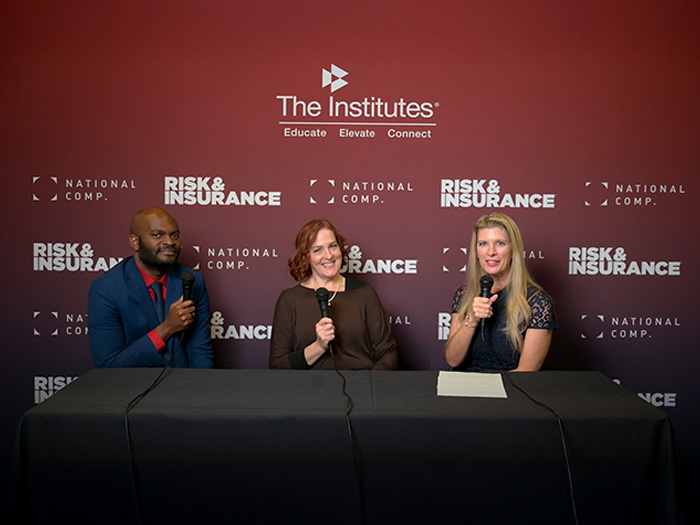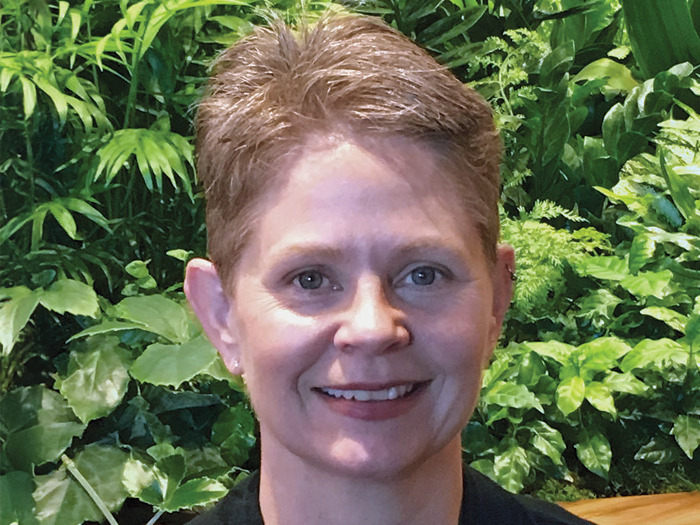Risk Insider: Tony Boobier
Geovation – Where Innovation meets Location
I’m spending a lot of my time in innovation hubs at the moment. These incubators for start-ups appear to be the new big thing.
Certainly venture capitalists seem to think so, with $2.7b of funding for insurance start-ups in 2015, according to CB Insights, and this figure most likely to be exceeded in 2016.
Incubators usually provide initial funding, coaching to help secure seed capital, masterclasses, workshops, and events. Beyond these they provide an office environment and a culture of disruptive thinking.
One particular innovation hub which has caught my eye is the London-based Geovation Hub, an innovation center set up by the UK-based Ordnance Survey to explore ‘open and closed innovation’ relative to the use of geospatial data. Ordnance Survey is the UK government agency responsible for the official, definitive mapping of Great Britain.
What would happen if the industry flipped the model on its head, and ‘led’ with location? What might the new model look like and how would it be monetized?
So – what does this have to do with insurance? In insurance, location is everything.
Where the risks are, where the customers are, where the weather events happen. Location influences customer attitudes, effectiveness of marketing campaigns, supply/demand management of the insurance value chain and many other attributes.
As far as I am aware, the Geovation Hub is unique globally – but replication in one form or another seems inevitable.
With much of the wider innovation focus being on Blockchain, the new shared ledger approach to handling data, it’s important to remember that Blockchain can also have a location component. After all, isn’t geocoding just another form of data?
Technology is increasingly disrupting established business models. The existing insurance approach is to take relatively traditional business models and add a location component.
What would happen if the industry flipped the model on its head, and ‘led’ with location? What might the new model look like and how would it be monetized?
Changing traditional business models has consequences which go far beyond how income is created. It’s critical that investors and lenders are able to understand how ‘value’ is created.
Location influences customer attitudes, effectiveness of marketing campaigns, supply/demand management of the insurance value chain and many other attributes.
Think for example what might happen if cab rides were free of charge, funded entirely by advertisers who used screens inside the cab to market their products.
Is there an insurance equivalent? Free retail insurance – but what would be the ‘trade off’?
So – I have to be honest. I don’t know the answers. I don’t even know all of the questions. But I am beginning to think harder about the future.










